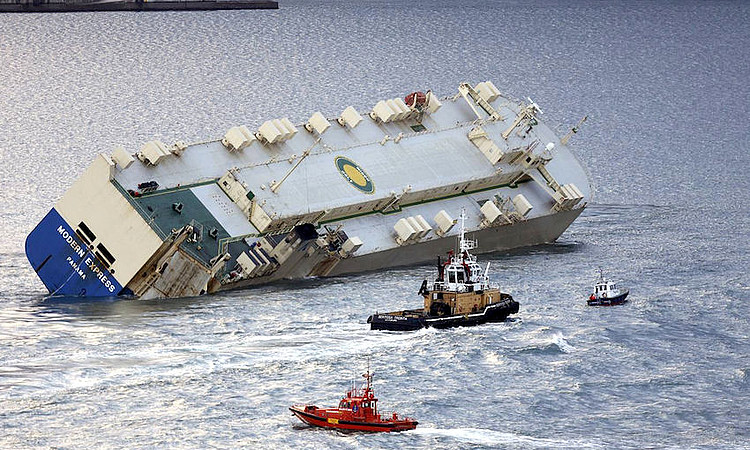Introduction
It should be made clear that this introduction to salvage law is based on English
law. So, whilst the spread of English common law to other nations and the wide
acceptance of the Salvage Convention 1989 have made the law of salvage very
international, there may be differences in other countries. The introduction is necessarily
brief and for greater detail the reader should refer to either of the two
bibles of the salvage practitioner, John Reeder (ed.), Brice on Maritime Law of
Salvage (4th edn, Sweet & Maxwell, 2003) and Francis Rose, Kennedy & Francis
Rose: Law of Salvage (8th edn, Sweet & Maxwell, 2013). You will find ‘salvage’ a
most interesting and colourful branch of the law—relax and enjoy it!
History
A claim for salvage is a very ancient right, one that can be traced some 3,000 years
to the laws of the ancient Greeks and the Rhodian maritime code. Until recently,
it has always been based on the principle of ‘no cure—no pay’. If you fail you are
entitled to nothing, but if you succeed you will be rewarded generously.
At the beginning of the twentieth century, the law of salvage was codified by the
Salvage Convention of 1910. While the United Kingdom was a signatory to that
Convention, it did not pass an Act to endorse it for much of the Convention was
already part of English common law.
In the latter part of the twentieth century, there was a move to amend the 1910
Convention. This gained momentum following the grounding of the Amoco
Cadiz in 1978 off the north-west coast of France, which resulted in a spill of
some 220,000 tonnes of crude oil on a beautiful and rocky coastline causing
immense damage to tourism and fisheries. The consequence was the Salvage
Convention 1989 which, as we will later see, whilst endorsing much of the
English common law of salvage, made fundamental changes and additions to it.
Salvage is not only an ancient right but one peculiar to maritime law. If I see my
neighbour’s house on fire and voluntarily extinguish it, I am not entitled to any
remuneration for so doing. However, if the master and crew of the ship come
across another vessel on fire and extinguish that fire, or save, or contribute to
saving it, from any other danger, they will be entitled to a salvage award. This
right to salvage is based on a long-standing public policy of the ancient world.
The seas can be very lonely and a ship may not see another for many days or
weeks. When in difficulty it is not always easy to find assistance. The entitlement
to salvage encourages others to assist, and by giving that encouragement,
discourages any temptation there might otherwise be to engage in piracy.
Those ancient reasons for the right to salvage hold good today, notwithstanding
the greater presence of ships on the sea and modern communication, which permit
immediate calls for assistance. However, the Salvage Convention 1989 has added
another reason—the protection of the environment. The Convention in its preamble
states:
NOTING that substantial developments, in particular the increased concern for the
protection of the environment, have demonstrated the need to review . . .
CONSCIOUS of the major contribution which efficient and timely salvage operations
can make to the safety of vessels and other property in danger and to the
protection of the environment.
CONVINCED of the need to ensure that adequate incentives are available to persons
who undertake salvage operations in respect of vessels and other property in
danger.
To promote this new objective, the protection of the environment, the Convention
imposes a new obligation on the salvor, to exercise due care to prevent damage to
the environment, and makes provision for a new fail-safe system of remuneration
to the traditional salvage award breaching the old ‘no cure—no pay’ rule of salvage.
Under Article 14, a minimum award, called special compensation, can now
be given whenever there is a threat of damage to the environment and the traditional
award is insufficient. Thus, the modern-day salvor is not only encouraged
to go to the assistance of ships and property upon the sea but also, when salving
them, to prevent and minimize damage to the environment.
Definition of salvage
Geoffrey Brice QC in his book Maritime Law of Salvage, defines salvage as follows:
‘In English law the right to salvage arises when a person, acting as a volunteer,
preserves or contributes to preserving at sea any vessel, cargo, freight or other recognised
subject of salvage in danger.’
The definition incorporates the four essential ingredients of salvage:
• to be a volunteer;
• to preserve or contribute to preserving;
• a recognized subject of salvage;
• which is in danger.

